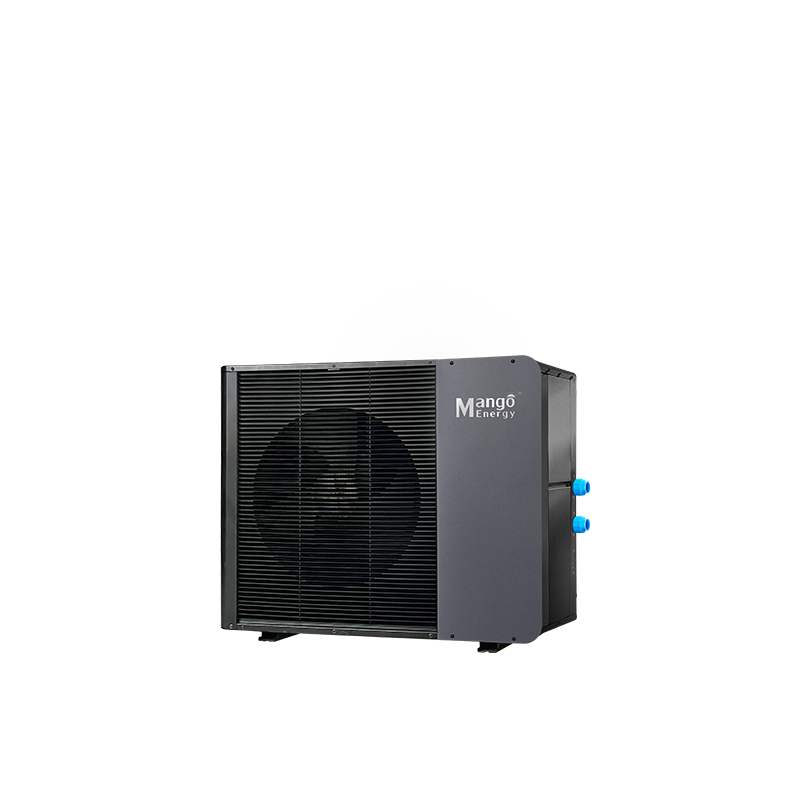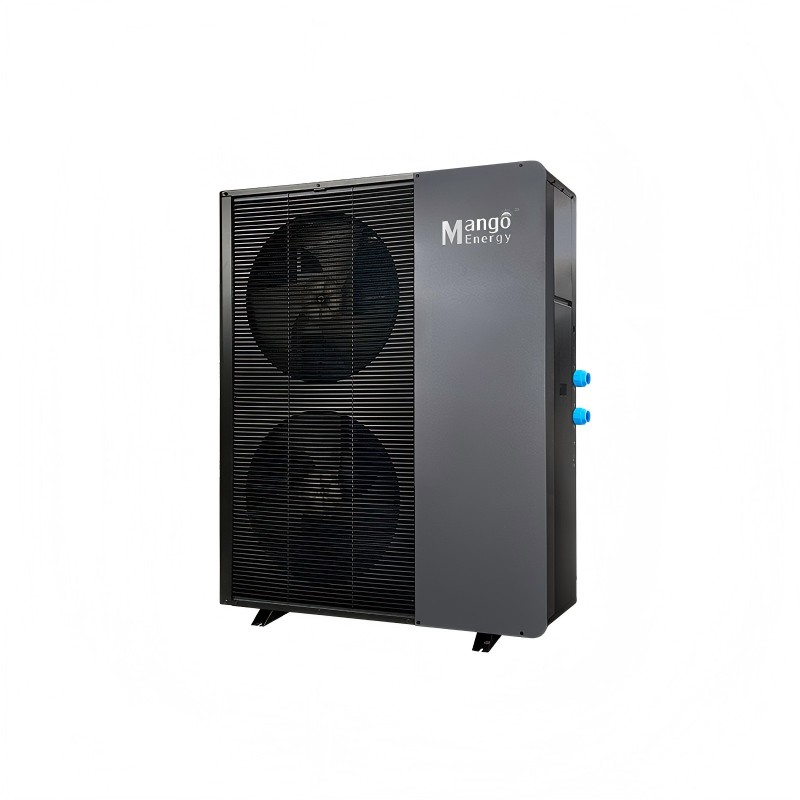
As the world accelerates toward carbon neutrality, every sector—from households to heavy industries—is rethinking energy consumption. One technology gaining massive attention is the air to water heat pump, a system that efficiently transfers heat from ambient air to water for space heating and hot water production.
But can these systems truly contribute to net zero emissions? Let’s explore how an energy saving heat pump functions, its environmental benefits, and why global industries are turning to solutions like Mango Energy’s heating pump air to water systems to meet sustainability goals.
Understanding How Air to Water Heat Pumps Work
Unlike traditional boilers that burn fossil fuels, an air to water heat pump uses renewable ambient energy. It extracts heat from the surrounding air—even at low temperatures—and transfers it into a water-based heating system.
The Science Behind the Efficiency
Heat extraction: The pump absorbs heat from outdoor air through a refrigerant.
Compression & transfer: The refrigerant compresses, raising its temperature.
Heat delivery: The heated water circulates through underfloor systems, radiators, or storage tanks.
This process delivers up to four times more heat energy than the electricity consumed—making it one of the most efficient heating technologies available.
The Role of Air to Water Heat Pumps in Achieving Net Zero
Reaching net zero emissions requires balancing the carbon released with the carbon removed from the atmosphere. Heating pump air to water systems directly support this through:
1. Carbon Footprint Reduction
Elimination of fossil fuels: These pumps replace oil or gas boilers, significantly reducing CO₂ output.
Compatibility with renewable energy: When powered by solar or wind, emissions can approach zero.
2. Long-Term Energy Savings
Operating costs drop up to 40–60% compared to conventional systems.
High efficiency helps lower national electricity demand, reducing strain on grids.
3. Support for Green Building Certifications
Qualifies for LEED, BREEAM, and Energy Star standards.
Essential for developers seeking eco-friendly HVAC solutions.

Key Benefits Across Different Sectors
1. Residential & Homeowners
Ideal for modern and renovated homes.
Provides both heating and hot water with minimal noise.
Compact design reduces installation footprint.
2. Commercial Buildings & Hotels
Consistent heating and hot water supply, even during peak hours.
Substantial savings on long-term operational costs.
Contributes to green image and ESG compliance.
3. Industrial & Manufacturing Applications
Stable heat supply for production processes.
Works efficiently even in low ambient temperatures.
Cuts down carbon emissions from industrial heating systems.
Why Choose Mango Energy’s Air to Water Heat Pump
When selecting a heating pump air to water system, reliability and performance are critical. Mango Energy stands out by offering:
Advanced inverter technology for precise temperature control.
Environmentally friendly refrigerants with low global warming potential.
Custom OEM/ODM solutions for global partners.
Smart monitoring systems for predictive maintenance and efficiency tracking.
Choosing Mango Energy ensures you not only save energy but also contribute actively to a sustainable and net zero future.
Overcoming Common Challenges
Even though energy saving heat pumps are growing in popularity, some concerns remain:
Initial investment: Higher upfront cost than gas boilers, but payback occurs within 3–5 years.
Cold climates: Modern inverter systems ensure reliable performance down to -25°C.
Space requirements: Compact modular designs from Mango Energy solve installation limitations.
With proper installation and sizing, these systems can operate efficiently across a wide range of climates and applications.
The Future of Air to Water Heat Pumps
Global policy shifts toward renewable heating are accelerating adoption. The IEA (International Energy Agency) forecasts that heat pump installations will triple by 2030, driven by:
Rising carbon taxes on fossil fuels.
Stronger government incentives.
Increasing consumer awareness of sustainability.
As part of this transformation, Mango Energy continues to innovate with high-efficiency compressors, IoT-based energy management, and scalable industrial systems.

Conclusion
The path to net zero emissions isn’t a distant dream—it’s a global necessity. By integrating air to water heat pumps, households, businesses, and industries can drastically cut their carbon output while saving money.
With Mango Energy’s heating pump air to water technology, you don’t just reduce emissions—you invest in a smarter, cleaner future for your operations and the planet.
FAQs
1. Can air to water heat pumps fully replace traditional heating systems?
Yes. In most residential and commercial applications, modern systems deliver sufficient heating capacity year-round, even in colder climates.
2. How long do energy saving heat pumps last?
Typically 15–20 years with regular maintenance—significantly longer than conventional boilers.
3. Is an air to water heat pump suitable for large industrial facilities?
Absolutely. Industrial-grade systems from Mango Energy are designed to handle high-capacity and continuous operation efficiently.


